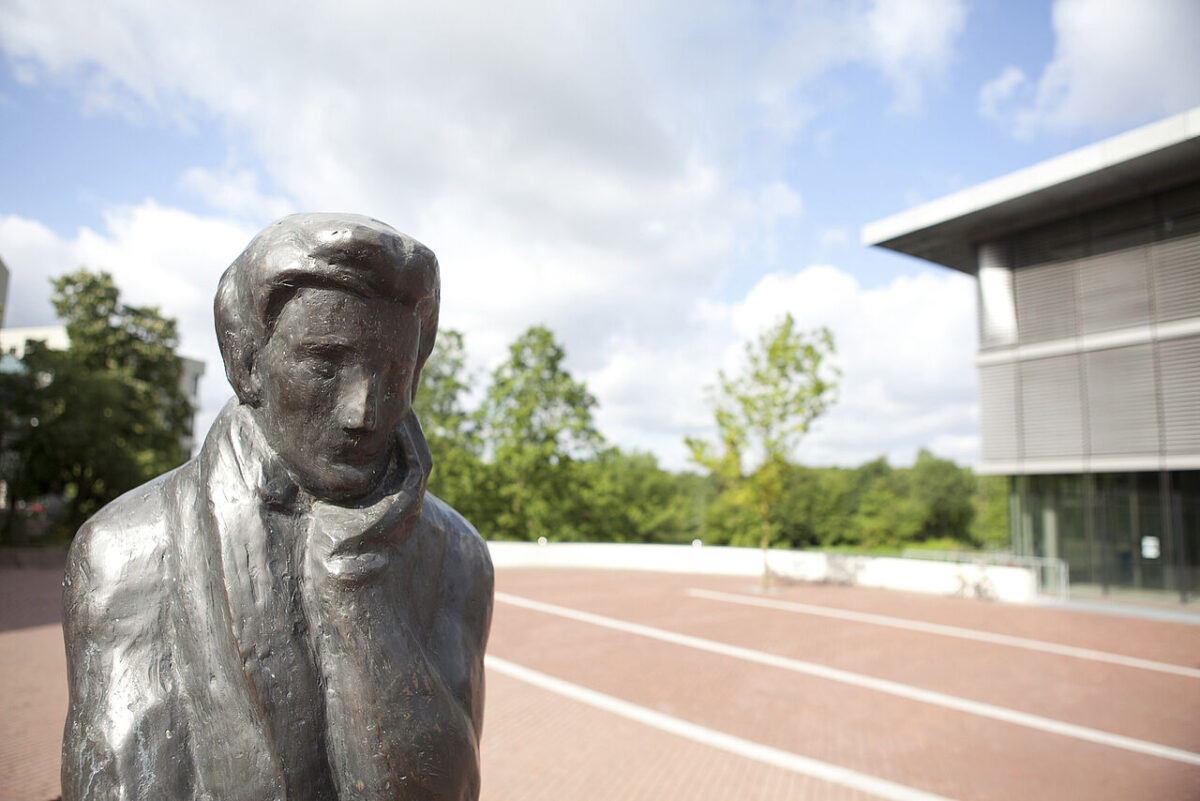PhD Thesis by Katharina Holec
In my PhD thesis at the University of Düsseldorf I look at the effects of decriptive and substantive representation in consultative citizen participation on legitimacy beliefs of individuals.
Summary
Legitimacy – as a sum of individual beliefs about the appropriateness and acceptability of a political community, its regime and authorities – is the key element in stabilizing nowadays democratic systems. But, dissatisfaction with the performance of political systems is increasing and understandings of democracy can be divergent. Especially when political involvement is reduced to the possibility of choosing representatives legitimacy beliefs remain hard to rebuilt and understandings of democracy remain hard to align between different citizens. To solve this “legitimacy problem” plenty democratic theorists and researchers suggest more possibilities for political participation in the democratic process. Consultation is one mean often used by local municipalities to increase satisfaction and understanding of political processes. But consultative participation often promises too much. Like all political participation consultation is biased. Social inequality in society influences who participates. And who participates will ultimately influence a processes outcome. . The risk of losing marginalized voices in the process is high.
I want to enable a detailed understanding of the advantages of including these voices for local democratic legitimacy beliefs. Therefore, I follow Pitkin’s (1972) ideas on descriptive and substantive representation applying them to a consultative participation process. I ask
(a) Does descriptive representation in the input of a consultative participation process increase substantive representation in the throughput and outcome of a political process?
(b) How important are descriptive and substantive representation for increasing legitimacy beliefs after the political process?
I focus specifically on three levels of the policy making process (1) the input level, where I consider descriptive representation to be relevant, (2) the throughput level, where I consider substantive representation as ‘speaking for’ relevant and (3) the outcome level, where I consider substantive representation as ‘acting for’ by local municipalities relevant. While I consider (1) and (2) to be relevant criteria for increasing legitimacy beliefs by improving the political process, I consider (3) to be relevant for increasing legitimacy beliefs by improving real life living conditions.


